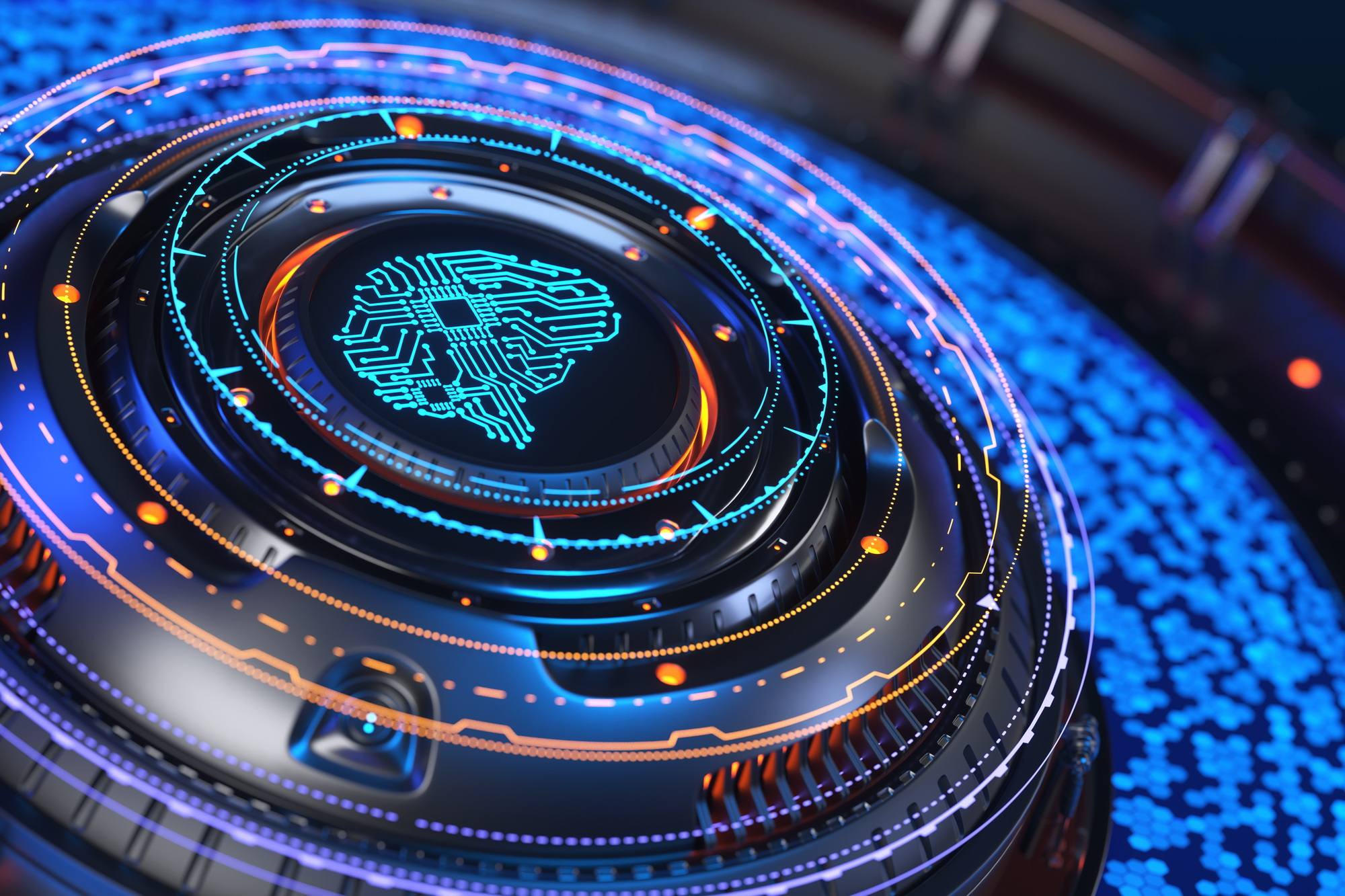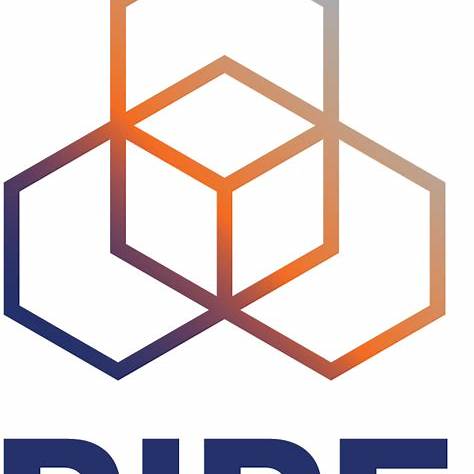ICANN issues final call for Community Excellence Award nominations
Nominations for the Internet Corporation for Assigned Names and Numbers’ Community Excellence Award close on 8 January 2026, recognising sustained contributions to ICANN’s multistakeholder model.










